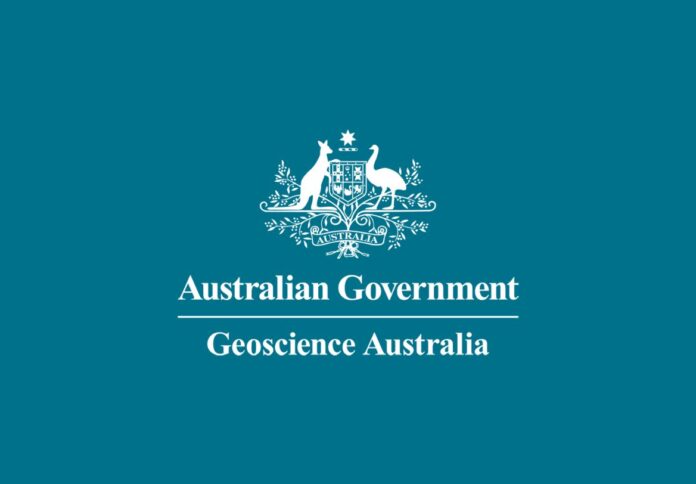
Media Release by Department of Industry, Science and Resources
New data will put the spotlight on the hidden geology beneath the feet of Tasmanians, as part of the Australian Government’s Exploring for the Future program.
Last year, a helicopter carrying radiometric and magnetic surveying equipment flew across nearly 10,000 square kilometres of south-eastern Tasmania, as part of a survey undertaken by Geoscience Australia and Mineral Resources Tasmania.
Minister for Resources and Northern Australia Madeleine King said data from this survey would help scientists better understand the potential for minerals, energy, and groundwater in this region.
“Just like an ultrasound can reveal what’s inside your body, magnetic and radiometric surveys can reveal the geology below the ground by measuring the magnetism and tiny amounts of natural radioactivity of the Earth,” Minister King said.
“We know Australia’s wide-ranging deposits of critical minerals are essential for the world to reach net zero, but we need to work out exactly where to find them.
“This can map rocks prospective for a variety of minerals, and potentially reveal groundwater aquifers and different soil types in agricultural regions.
“This data is now available for industry and other stakeholders to better assess the potential of eastern Tasmania for hosting base-metals, gold, bauxite, tungsten and other critical minerals, along with helping to inform groundwater and land management decisions.
“This survey is just one of the many ways Geoscience Australia’s Exploring for the Future program is helping to identify new exploration opportunities, improve natural resource management and attract new investment, particularly to regional Australia,” Minister King said.
Tasmanian Minister for Resources, Felix Ellis, said the survey would further support Tasmania’s booming mining and agriculture industries.
“Our mining and minerals processing sector is a key pillar of the Tasmanian economy, supporting thousands of jobs and bringing in billions of dollars in export revenue each year,” Minister Ellis said.
“The sector provides many key minerals, including tin and tungsten, needed for everyday life and to support the world’s transition to a renewable energy future.
“Thanks to our rich mineral endowment and supported by our renewable energy capacity, Tasmania is in an enviable position to capitalise on increasing global demand for these minerals.
“Properly understanding the opportunities in the rich geology beneath our feet will—if unlocked—create new investment opportunities and jobs for Tasmanians.”
Access the data via Geoscience Australia’s online electronic catalogue, eCat.




















